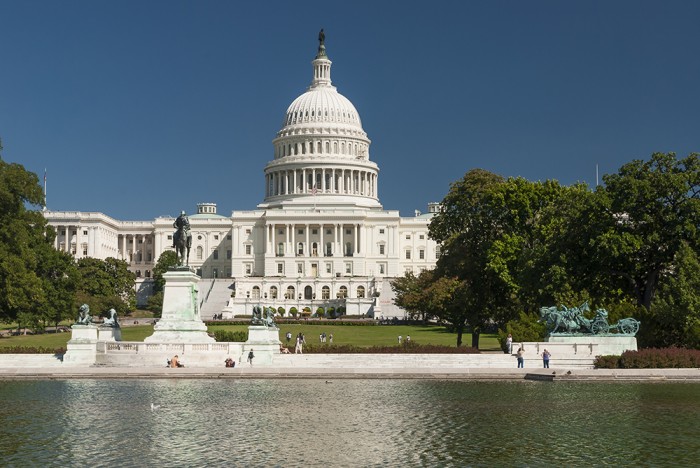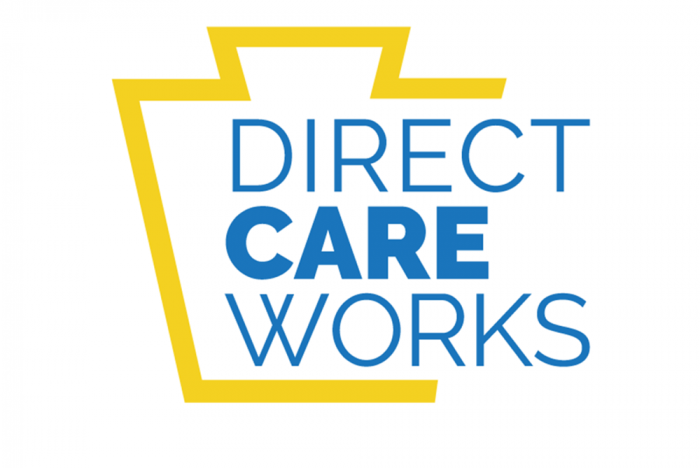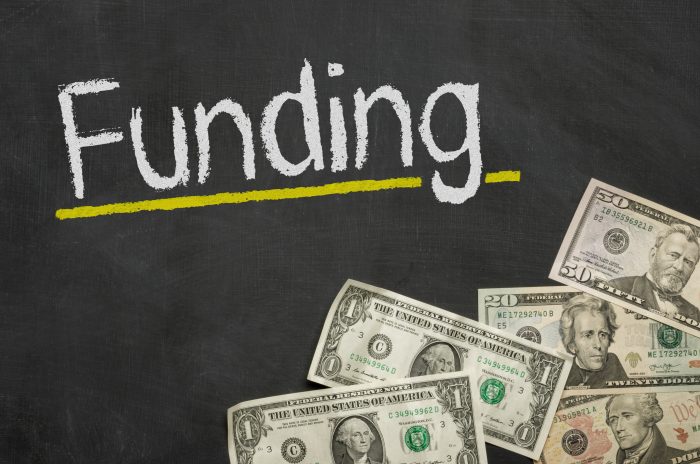Gun Violence and Mental Illness
June 6, 2022
Our organizations write to express our deep concerns about false and harmful attempts to link mental illness and gun violence. The horrific school shooting in Uvalde, Texas that killed 19 children and two adults on May 24 is just one in a long series of mass shootings throughout our country. These shootings have one thing in common – easy access to weapons that can kill with terrifying efficiency on a massive scale. Attempts to connect mental illness to mass shootings are a distraction that inflicts enormous damage by taking attention from solutions that could actually prevent such events. This perpetuates a false narrative that encourages stigmatization of and discrimination against the millions of Americans living with mental health conditions who are more likely to be victims of violence than perpetrators of it (i). In fact, persons with mental illness account for a very small portion of gun violence (ii).
While mental health conditions are common in countries across the globe (iii), the United States is the only country where mass shootings have become disturbingly commonplace. In fact, firearms are now the leading cause of death for children and adolescents in the United States (iv). Not coincidentally, the U.S. is also alone in making firearms widely available with few restrictions.
Gun violence is a public health crisis, and the trauma and fear caused by mass shootings significantly worsen Americans’ mental health. A large majority of adults in the United States experience stress associated with mass shootings, and a third of U.S. adults say that fear of mass shootings stops them from going to certain places and events (v). Moreover, research has shown that victims and members of affected communities experience increases in posttraumatic stress symptoms, depression, and other signs of psychological concerns. Other studies have found that, after previous mass shootings, youth felt less safe and more fearful (vi). These findings, many of which are unsurprising, make it all the more important to take urgent action to prevent these shootings, particularly in light of our nation’s ongoing youth mental health crisis.
Our organizations welcome continued bipartisan efforts to improve our country’s mental health and substance use systems. These should be pursued because they will enhance our collective well-being, improve and save countless lives, and lead to a more vibrant and resilient country.
However, what these reforms alone will not do is address the epidemic of mass shootings. To prevent more carnage, policymakers must act now to address the national crisis of gun violence and work on a bipartisan basis to pass meaningful solutions that promote gun safety in all of our communities.
2020 Mom
A New PATH (Parents for Addiction Treatment & Healing)
All4Ed
Alliance for Quality Education
American Association for Marriage and Family Therapy
American Association for Psychoanalysis in Clinical Social Work
American Association of Child and Adolescent Psychiatry
American Association of Psychiatric Pharmacists (previously known as CPNP)
American Council for School Social Work
American Counseling Association
American Federation of Teachers
American Foundation for Suicide Prevention
American Group Psychotherapy Association
American Nurses Association
American Osteopathic Academy of Addiction Medicine
American Psychiatric Association
American Psychological Association
American School Counselor Association
American Society of Addiction Medicine
Anxiety and Depression Association of America
Association for Behavioral Health and Wellness
Autism Society of America
Autistic Self Advocacy Network
Bazelon Center for Mental Health Law
Children and Adults with Attention-Deficit/Hyperactivity Disorder
Clinical Social Work Association
Council of Administrators of Special Education
Crisis Residential Association
Depression and Bipolar Support Alliance
EDGE Consulting Partners
Global Alliance on Behavioral Health and Social Justice
Inseparable
International OCD Foundation
Learning Heroes
Mental Health America
MENTOR National
N.A.P.S.
NAADAC, the Association for Addiction Professionals
National Alliance on Mental Illness
National Association for Rural Mental Health
National Association of County Behavioral Health and Developmental Disability Directors
National Association of Pediatric Nurse Practitioners
National Association of School Psychologists
National Association of Social Workers
National Center for Learning Disabilities
National Council for Mental Wellbeing
National Council of Teachers of Mathematics
National Eating Disorders Association
National Health Care for the Homeless Council
National Health Law Program
National League for Nursing
National Register of Health Service Psychologists
Partnership to End Addiction
Psychotherapy Action Network
RI International
School Social Work Association of America
The Advocacy Institute
The Jed Foundation
The Kennedy Forum
Well Being Trust
- (i) Brekke JS, Prindle C, Bae SW, Long JD. Risks for individuals with schizophrenia who are living in the community. Psychiatr Serv. 2001 Oct;52(10):1358-66. doi: 10.1176/appi.ps.52.10.1358. PMID: 11585953.
- (ii) Baumann ML, Teasdale B. Severe mental illness and firearm access: Is violence really the danger? Int J Law Psychiatry. 2018 Jan-Feb;56:44-49. doi: 10.1016/j.ijlp.2017.11.003. Epub 2017 Dec 7. PMID: 29701598.
- (iii) Steel Z, Marnane C, Iranpour C, et al. The global prevalence of common mental disorders: a systematic review and meta-analysis 1980-2013. Int J Epidemiol. 2014;43(2):476-493. doi:10.1093/ije/dyu038
- (iv) Goldstick, Jason E., Cunningham, Rebecca M., Carter, Patrick M. Current Causes of Death in Children and Adolescents in the United States. 2022/04/20. New England Journal of Medicine, 386: 1955-1956. 10.1056/NEJMc220176. https://www.nejm.org/doi/full/10.1056/NEJMc2201761.
- (v)American Psychological Association (APA) (2019). One-Third of US Adults Say Fear of Mass Shootings Prevents Them from Going to Certain Places or Events. Retrieved from: https://www.apa.org/news/press/releases/2019/08/fear-mass-shooting
- (vi) For a description of relevant research see: Lowe SR, Galea S. The Mental Health Consequences of Mass Shootings. Trauma Violence Abuse. 2017 Jan;18(1):62-82. doi: 10.1177/1524838015591572. Epub 2015 Jun 17. PMID: 26084284















